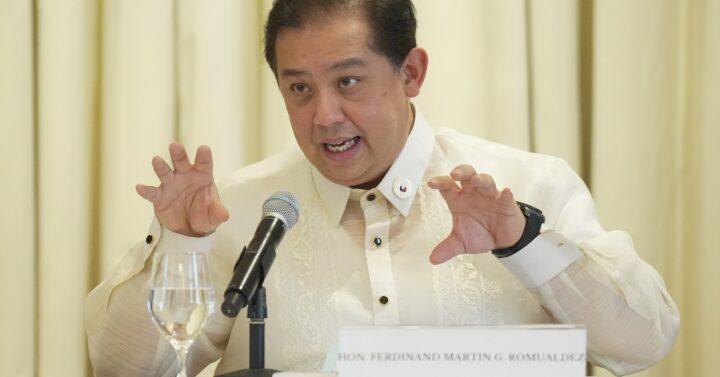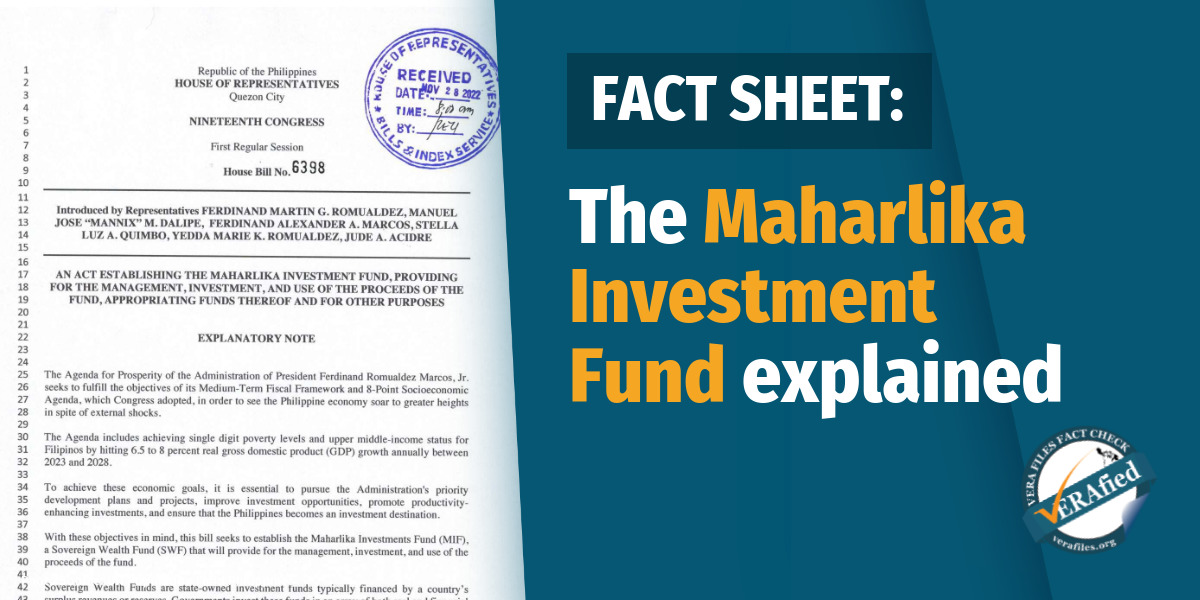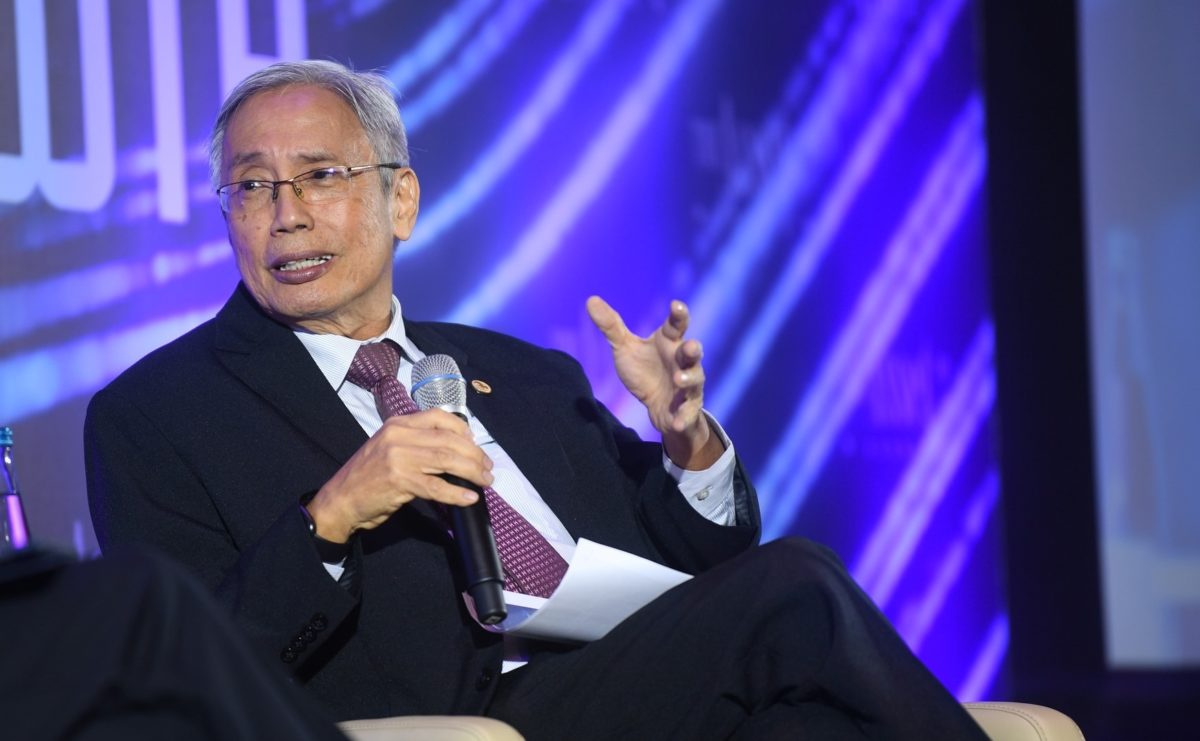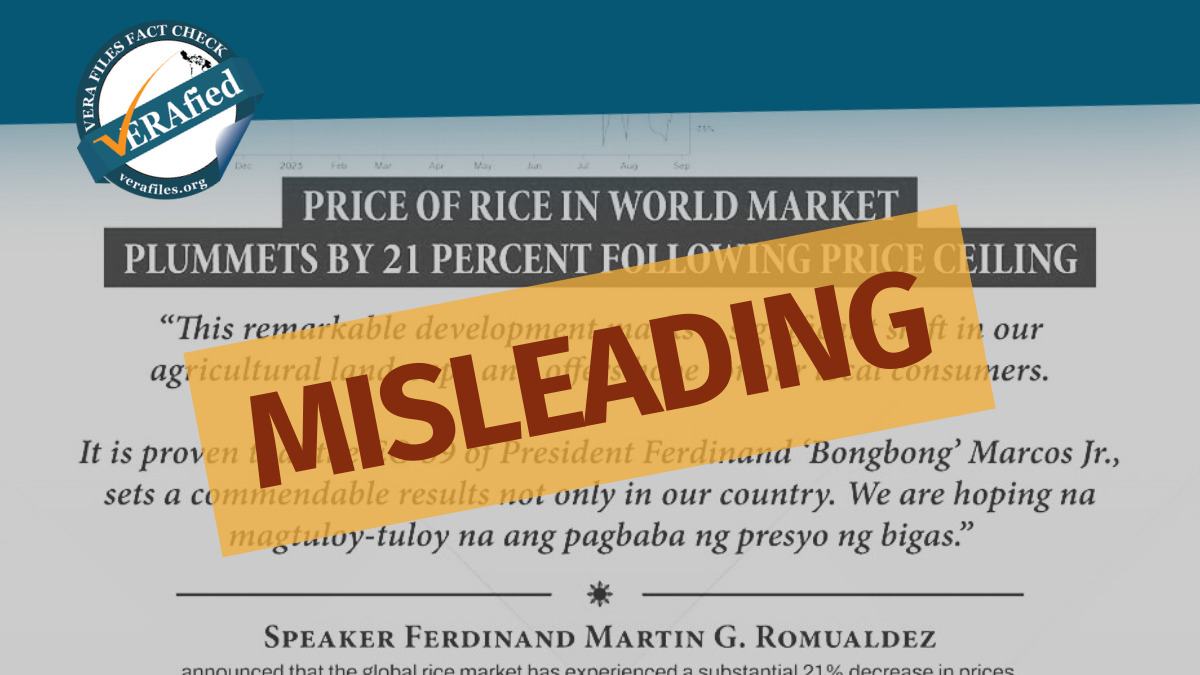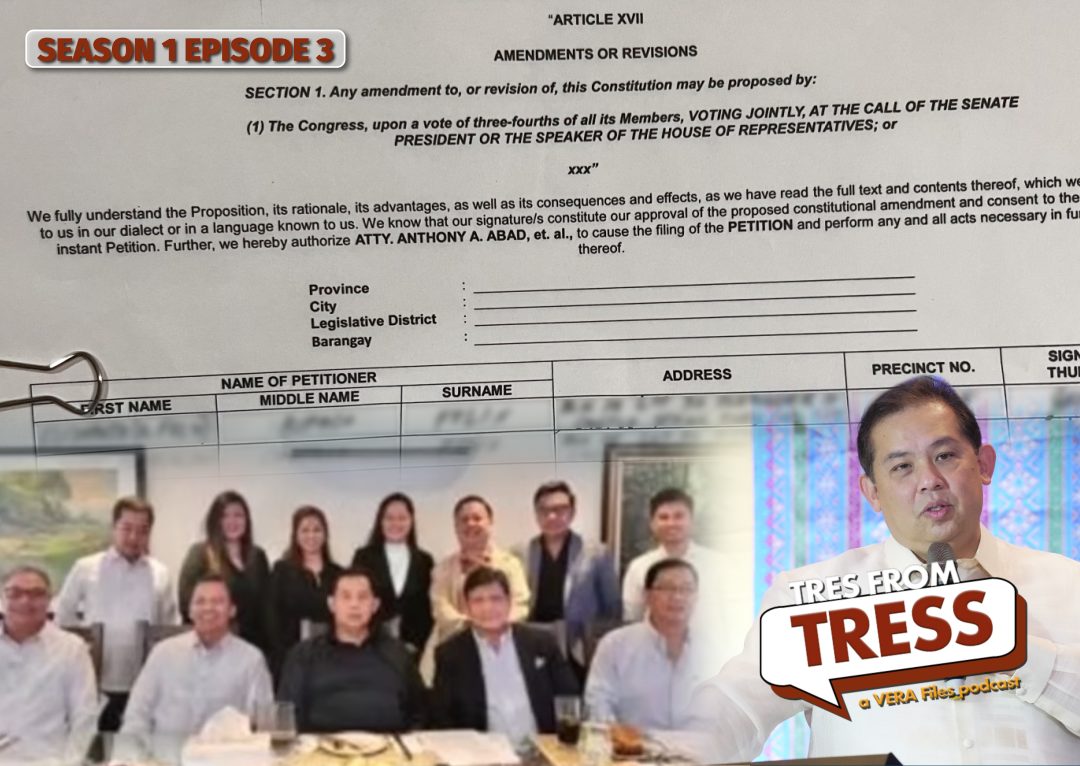“Ang pera ng bayan ay hindi para sa pansariling pakinabang ng iilan. Tungkulin natin na tiyakin na bawat piso ay ginagamit para sa kapakanan ng ating mga kababayan.”
These were the words of House Speaker Martin Romualdez on Sept. 16 at the opening of plenary deliberations on the proposed P6.35-trillion national budget for 2025.
Three months later, Romualdez said that in crafting the 2025 budget, “We ensure that every sector is supported, from agriculture to education, from healthcare to infrastructure.” He claimed that the spending program “reflects the pulse of the nation, responding to the immediate needs of our people while laying the groundwork for a sustainable future.”
But experts in economics and budgeting view the 2025 budget allocations differently.
A former undersecretary at the Department of Finance and a budget expert who was a director at the Department of Budget and Management (DBM) have described the ratified version of the 2025 government spending plan as the “most corrupt” in Philippine history.
Former Finance undersecretary Cielo Magno, an economics professor at the University of the Philippines Diliman, said the Congress-approved 2025 outlay prioritizes the interests of politicians and not the public. She cited the P288.65 billion increase in the budget of the Department of Public Works and Highways, and the additional P17.37 billion to the House of Representatives and P1.10 billion to the Senate.
The bicameral conference committee also gave the Office of the President an additional P5.40 billion, supposedly for the country’s hosting of the Asean Summit in 2026.
Xyza Nadine Suzara, executive director of the think tank Institute for Leadership, Empowerment and Democracy and a former director at DBM, said the ratified national budget program does not have even the slightest saving grace. “The only winners here are the members of Congress,” she said.
Sonny Africa, executive director of the research group IBON Foundation, lamented that the administration’s spending plan “doesn’t really respond to the nation’s social and economic needs while, unfortunately, favoring the pork of politicians and profits of the rich.”
But Romualdez asserted that the ratified P6.35 trillion proposed budget “is a testament to [the administration’s] commitment to prioritizing the welfare of our people.” Further, he said: “This is not just a budget. It is a blueprint of hope… [It] mirrors the true needs of our people, not just the daily survival but for building a stronger foundation for [a] better and brighter future.”
With a substantial reduction in the budget for education and health and a whopping increase for public works and discretionary lump sums such as the Ayuda para sa Kapos and Kita Program (AKAP), which lawmakers could dip their hands into, Romualdez’s assertion of equality in the budget allocations is far from reality. These are widely suspected as the legislators’ pork barrel in disguise, in addition to their so-called insertions in other government agencies.
Africa said the Congress-approved budget “will keep food expensive and worsen rural poverty among farmers and fisherfolk” because of the P20 billion cut in the budget of the Department of Agriculture and P23.2 billion from the National Irrigation Administration.
He said that despite the P289 billion increase in the DPWH budget, which brings the total allocation for infrastructure to P1.8 trillion, only 2.5% goes to school buildings, 1 % to hospitals and health centers, 0.5 % to water supply systems, and 0.14% to housing and community facilities.
It appears that the reallocations Congress made in the proposed 2025 national government spending are indeed designed for a “better and brighter future” for Romualdez, who is eyeing the presidency in 2028.
Romualdez has been capitalizing on the AKAP, a discretionary cash aid program that found its way into the General Appropriations Act in 2023 and 2024, even when it was not discussed in the Senate and the House. He has been going around the country, distributing the assistance.
But as Vice President Sara Duterte said last month, “Maalis mo man ako sa presidential race, hindi pa rin ikaw ang presidente, p*****ina mo, walang boboto sa ‘yo, please lang, wala.” She noted that the House speaker has not been into a real electoral contest. “Kasi wala ka ngang kalaban sa Tacloban kasi binibili mo, pina-kidnap mo, hina-harass mo ang mga kalaban mo. Hindi ka dumaan ng contest. Ang alam mo lang, kasi mayaman ka, bibigyan mo lahat ng tao ng pera.”
In pre-election surveys, Romualdez is among the least preferred candidate for president, placing him near the bottom of the list.
Dear voters, we should not be left with a choice for the lesser evil. Those who say good things and do another, often self-serving, should not have a place in public service. We should not elect those who promise to improve our lives but use their power and influence to enrich themselves in the guise of public service. Let’s not be hypocrites like them.
The views in this column are those of the author and do not necessarily reflect the views of VERA Files.
This column also appeared in The Manila Times.
